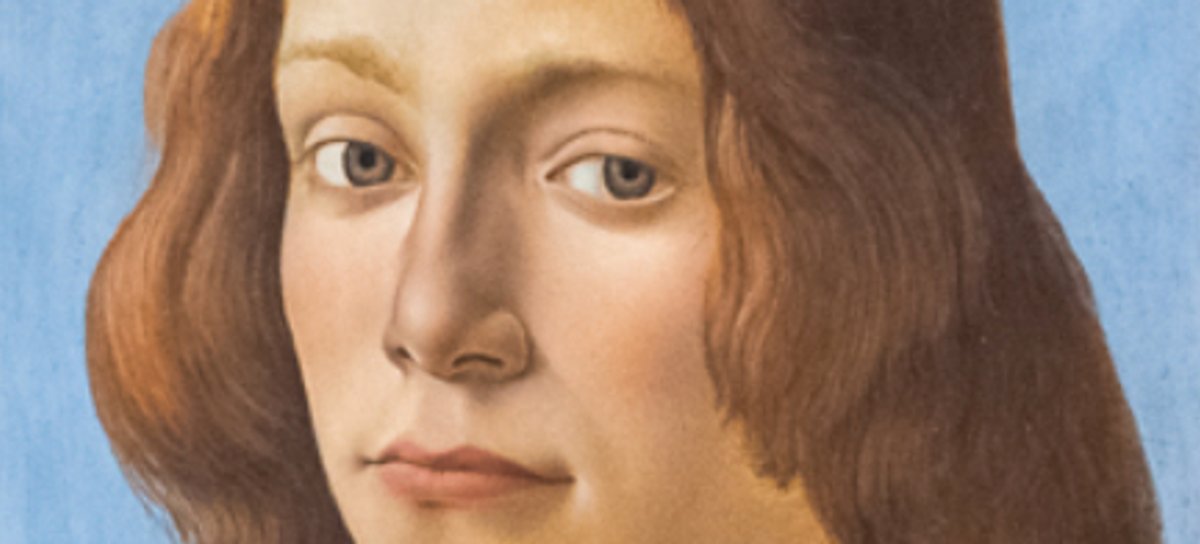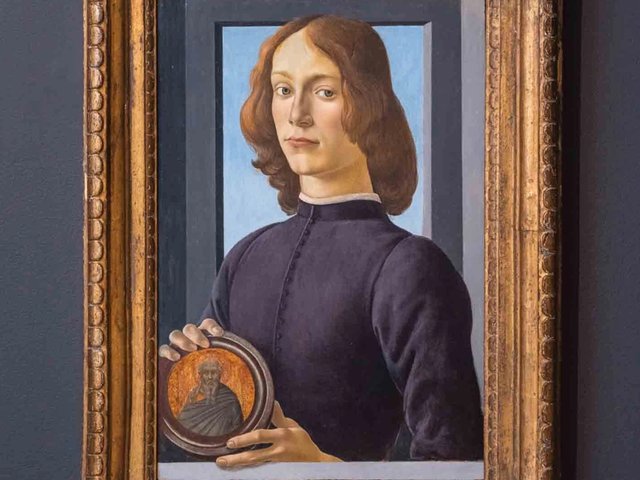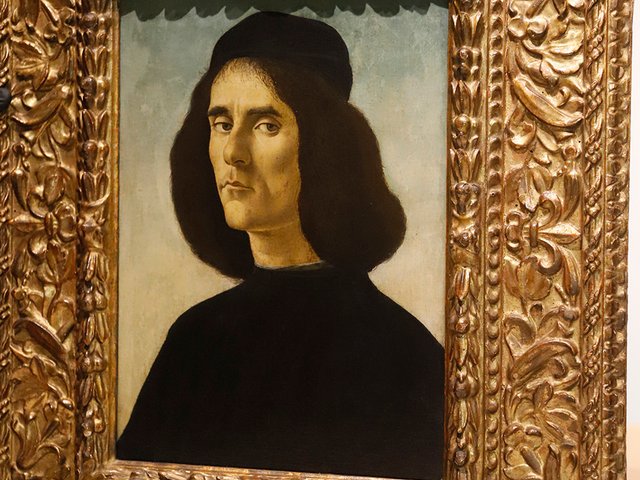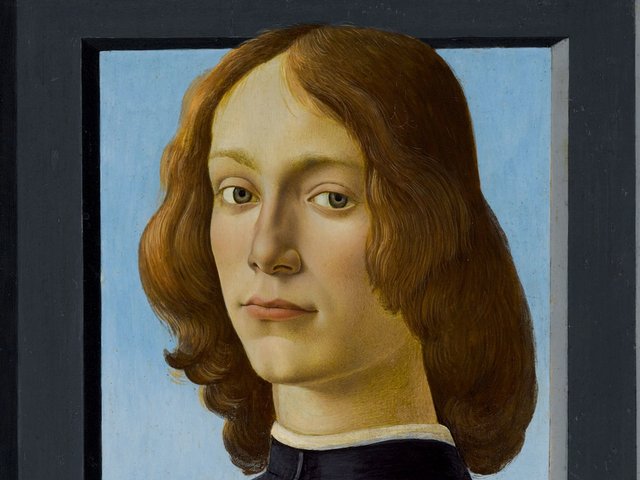When Suzy Lewis, the granddaughter of the physicist and inventor Thomas Merton, saw that Botticelli’s Portrait of a Young Man with a Roundel (“just looking so gorgeous”) was up for sale again, it came as “such a shock”.
In December 1982, the family estate sent it to auction at Christie’s. It proved an “absolute disaster”, Lewis says, and sold for just £810,000—it was expected to make “infinitely more”. Everything had been prepared for the portrait to go to the Getty, Lewis says: the family had even been advised to delay the sale until the Getty was ready to buy, which they duly did. But the night before the sale, the Evening Standard critic and former Christie’s specialist Brian Sewell went on television and, in what Lewis describes as “a fit of pique because he had been rejected by the Christie’s Board”, denounced it as a Botticini (a ringing endorsement of Everett Fahy’s assessment). As a result, the Getty bid never materialised, Sheldon Solow bought the painting and the family was left severely short. Now, she says, they have to “scrimp and save, with Airbnb”.
Lewis grew up with the Botticelli. She describes her grandfather, Thomas Merton, as “a proper Renaissance person”, for whom Oxford University invented the seat of spectroscopy and who, as a physicist, worked on the bouncing bomb. Every Sunday, he would sit in his study in a La-Z-Boy, with a plugged-in foot warmer, puffing on a Romeo y Julieta cigar, and invite the family in one by one to talk with him. He would have a copy of the New Scientist in front of him, the Pollaiuolo Portrait of a Man on his left, the Botticelli portrait on his right, and a Mantegna Madonna and Child behind him. Lewis “fell in love” with Botticelli’s flawless young man.
In the years following its sale to Solow, Lewis was at least pleased that the portrait has been on loan to several museums, including New York’s Metropolitan Museum of Art and Washington DC’s National Gallery of Art. But her worry is now that it will disappear from public view. And it is still “heartbreaking”, she says, “to think that we were collateral damage in an internal row”. In the meantime, she keeps a framed 1982 Christie’s sale poster of the portrait in her study.





